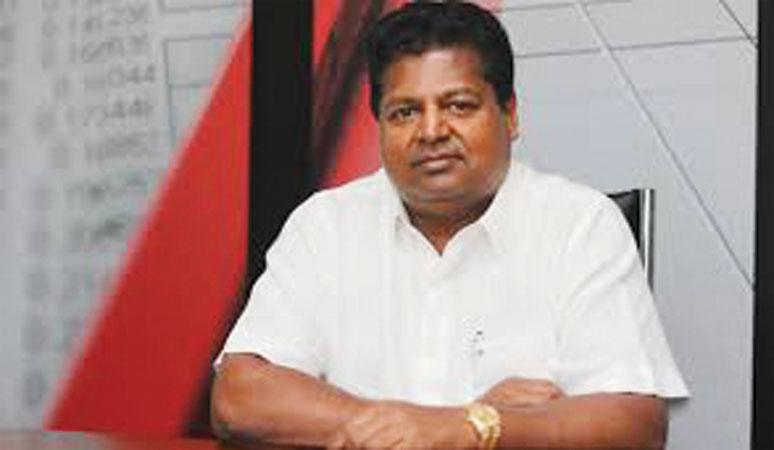
The previous regime introduced excise duty on vehicles based on a unit rate for cc capacity which paved the way for parallel importers (non franchised importers) to import any vehicle freely under a market liberalised system, said Ideal Group Founder and Executive Chairman Nalin Welgama elaborating on the current status of the country’s motor trade industry.
He said previously franchised operators imported nearly 75 percent of the new vehicles. However, the unit rate of taxation drawback of this unregulated imports was the importation of cars which didn’t have any aftercare backup. For example, about 7,000 Nissan Leafs and other EVs arrived in SL without any service or spare parts backup. The owners of these vehicles now faced insurmountable problems.
“Similarly, several thousand Kei cars from Japan, (below 660cc petrol) coupled with a mild hybrid were imported to Sri Lanka, clearing them under the lower duty “Hybrid category”, causing a huge loss of revenue to the State,” Welgama said, adding that these cars do not have proper spare parts and aftercare backup service causing a huge problem for owners.
In the light of this, the import suspension of non essential cars will allow the government to rethink its strategy.
The government imposed a ban on all non essential goods this year to curtail the outflow of foreign exchange to mitigate its impact on the economy battered by the global pandemic.
According to the Vehicle Imposters Association of Sri Lanka, there are less than 3,000 imported vehicles which is not sufficient to meet even two and half months’ demand. However, government authorities believe this quantity is enough to meet two years’ demand.
“Sri Lanka is facing an acute shortage of forex reserves. Therefore, the government was forced to take bold decisions, one of which was the suspension of non essential imports. The car category clearly falls into the non essential category, while the light truck, intermediate trucks and heavy trucks falls into the SME category as they are used to generate jobs and businesses. The car category can be served through the local assembly operations which are ongoing,” Welgama said.
On the impact of the vehicle import ban on the industry, he said the country currently has a cumulative vehicle registration of around 81 lakhs of vehicles. Of this, roughly 45 lakhs are motorcycles and 1.2 million are three-wheelers.
The import suspension has also effectively halted all this in the short term. Apart from these two major categories, the others are functioning below 10% of their normal sales volumes. Most franchised car operators have now turned to dealing in pre owned vehicle sales to mitigate loss of revenue. They are also contemplating entry into the local assembly process which will be a positive move for our local components manufacturers, provided they team up with their principals which are well established auto conglomerates in the world.
“Striking a perfect balance between the environment and the economy is key to sustainable development. Sri Lanka is a signatory to the Paris Green Forum in 2015, and the Government too is keen to embrace sustainable development and sustainable energy which is the need of the hour.
India is the fourth largest car manufacturer in the world, a fete they accomplished within 30 years which is commendable. India imports auto spare parts worth $5 billion from China,” Welgama said, adding that Sri Lanka could easily claim a share of this lucrative market if our franchised car operators team up with their principals and identify local vehicle components manufacturers who can be elevated to tier 1 or OE supplier status. This eco system needs to be identified and developed as a top priority.
He said Sri Lanka with its unique geographic location next to India could take full advantage of its neighbour if sound policies are followed.
